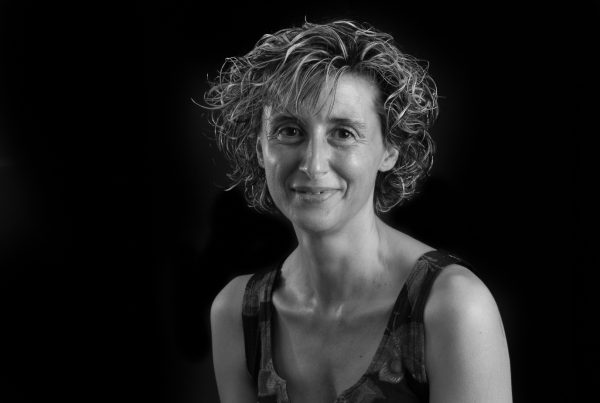Born in Bilbao,Soraya started Biology studies in the Basque Country University but moved to Madrid to follow the Molecular Biology and Biochemistry specialty. She obtained her BSc at Autonomous University of Madrid (UAM) in 1989. For her PhD studies she joined Dr. Morata's laboratory at the CBM where she performed research on Drosophila Developmental Genetics with a Basque Predoctoral fellowship and got the PhD in 1993 at UAM. For her postdoctoral research she moved from flies to flowers by joining Dr. Yanofsky's laboratory at the University of California at San Diego. There she performed Developmental Biology on Arabidopsis with fellowships from the Spanish MEC and from the HFSPO. In 2001 she got a "Ramón y Cajal" contract at INIA in Madrid to establish her own line of research in Flower Development. In 2003 she joined ICREA and moved to Barcelona. Along the years she has also performed stays at UNAM, Mexico; WUR, Netherlands; Max Planck, Germany and NYU and NYBG, USA.
Research interests
The connection among crop production, climate change, and demographic growth is progressively uncovering a profound impact in the food security throughout the world. Because plants are sessile organisms, they maximize their chances to survive adversities by reprogramming their development for adaptation to environmental changes. Under this scenario, integrative approaches to understand the specific role of essential genetic regulatory networks in plants are urgently needed. RAV genes configure a potential hub to modulate plant development in response to adverse environmental conditions, which are major limiting factors for plant survival, adaptation, and crop production. Therefore, we perform a comprehensive functional study of RAV genes along the green tree of life. We analyze their gene regulatory networks in abiotic stress responses and aim to decipher RAV gene evolution and function acquisition unravelling their roles from non-flowering plants to flowering plants.
